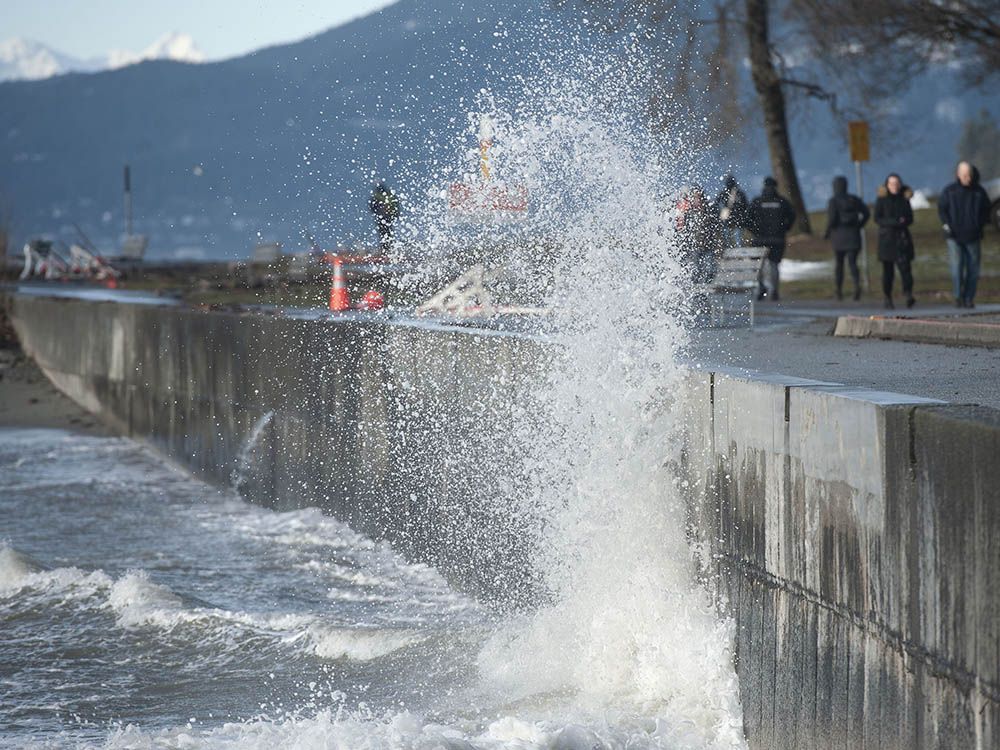
B.C. Hydro says younger B.C. residents are not as prepared for power outages as their older counterparts despite knowing that storms are increasing in severity.
The Crown corporation released a survey this week that shows that even though B.C. residents aged 18 to 34 recognize that storms are becoming more frequent, they are also the least likely to take steps to prepare.
More than half in this age group have not assembled an emergency kit, compared to the majority of 35 to 54 year olds, the survey found. Cost and uncertainty about how to start are the most common reasons younger adults cite for not being prepared.
But the report says an emergency kit doesn’t have to be costly. A basic kit should have enough supplies to last 72 hours and include a flashlight, extra batteries, a first aid kit, non perishable food and bottles water.
The report was released as experts predict a La Niña storm season, and following record outages in B.C. last year.
Environment and Climate Change Canada scientists are predicting that fall will likely be wetter and warmer than normal for B.C.’s South Coast. The warmer weather runs counter to predictions of a transition later in the fall to a La Niña pattern in the Pacific Ocean, which typically means cooler and wetter weather for B.C., and possibly more snow on the mountains.
B.C. Hydro said it’s concerned about the likelihood of a very active storm season because of La Niña but also because of multi-year drought conditions, which have weakened vegetation and increased the likelihood of falling trees and branches, one of the leading causes of power outages.
Susie Rieder, a spokesperson for B.C. Hydro, said last year more than 1.4 million customers experienced weather-related outages, the highest on record.
“Even with the unprecedented surge, our crews responded faster than ever. But with La Niña expected to intensify storm activity this fall and winter — on top of the effects of multi-year drought — it’s more important than ever for British Columbians to be prepared,” she said in a statement.
Meantime, B.C. Hydro says it is stepping up preparations for the upcoming storm season, including deploying staff ahead of forecasted storms, expanding efforts to remove vegetation around power lines and using advanced meteorological models to help predict storm impacts.
The agency is also reminding people again that downed or damaged power line should always be considered an emergency even if it is not smoking, sparking, or making a buzzing sound.
Always assume the line is live, stay back at least 10 metres (the length of a bus) and call 911 to report.
The online survey of 800 B.C. adults was conducted from Sept. 19 to Sept. 23.
Christy Climenhaga, an atmospheric scientist with Environment and Climate Change Canada, told Postmedia last week there’s a high degree of confidence in above seasonal temperatures for autumn.
The agency’s fall outlook follows a hot and dry summer, which overall was about 1.5 C above normal for the region, a spike Climenhaga called pretty significant.